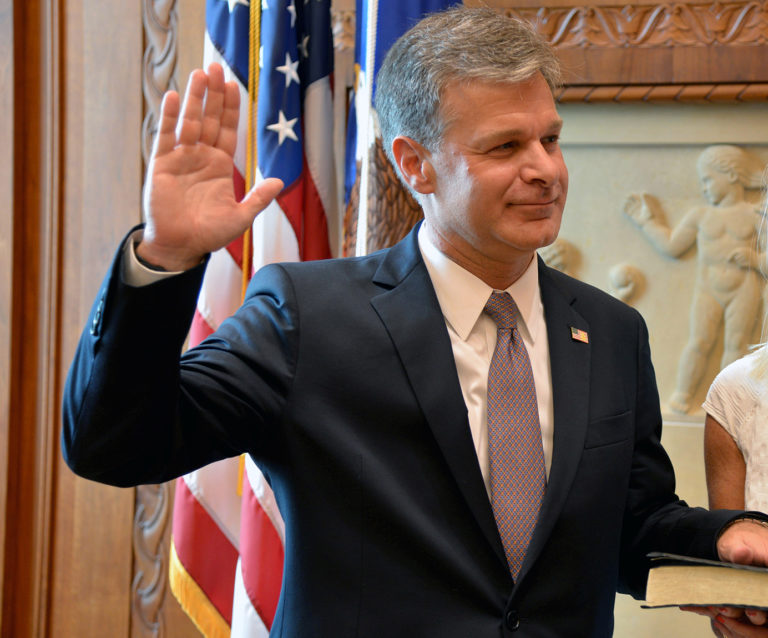National Finance: How Countries Manage Money for Growth
Have you ever thought about how a country uses its money to help its business grow and stay stable? Well, that’s what it’s all about with national economics! The way a country earns and spends money is a lot like putting together a big puzzle. In this article, we’ll explain the basics of national finance in ways that are easy to understand.
Understanding National Finance
Imagine a big pie made up of different slices. Each slice represents a part of national finance. The government’s job is to manage these slices. Let’s look at the main slices:
Government Revenue Generation
This article is all about how the government gets money. The government gets money just like you might get money from an allowance or a job. They do this by taking money from people and companies in the form of taxes. These taxes help pay for schools, hospitals, roads, and other important things.
Public Expenditure and Budgeting
The government needs a plan for how to spend the money it gets. A budget is the name for this plan. The government chooses how much money goes to things like schooling, defense, and health care. Making a shopping list is a smart way to spend money.
Monetary Policy and Central Banking
Know what a central bank is? It’s like having a money manager for the whole country. One important job is making sure there is enough money. When there is too much money, prices go up too quickly (this is called inflation), and when there is not enough money, the economy slows down. Interest rates, which affect how much people pay to borrow money, are also set by the central bank.
Financial Markets and Institutions
People buy and sell things like stocks (a piece of a company) and bonds (a loan to the government) on financial markets. This slice also includes banks. They help people save money and give money to other people, like when you save your allowance or take money from your parents.
The Role of Government in National Finance
The government is a big part of how the country pays for things. They get money to pay for services and keep the economy in good shape. They also have to make important decisions, like how much to spend and when to put money away for the future.
Fiscal Policy for Economic Management
When the economy is doing well, the government might spend more to make it even better. When things aren’t going so well, they might spend less to save money for when things aren’t going so well. Like changing the throttle on a bike to make it go faster or slower.
Monetary Policy and Central Banking
The central bank helps the business by making sure there is enough money in it. Too much can cause prices to go up, and not enough can make things move more slowly. It’s like making sure your room is at the right temperature so you can be relaxed.
Financial Markets and Institutions
Financial markets are like big trading places where people buy and sell things. Banks are like your piggy bank, but they also lend money to others, which helps the economy grow.
Achieving Economic Growth and Stability
The economy needs good conditions to grow, just like a plant does. The government uses different plans to make sure there is enough money and people have jobs. It’s like putting water and sunshine on a plant to help it grow.
Challenges in National Finance
Sometimes, there are challenges like not having enough money or deciding how to share the money fairly. These challenges can affect how well the country’s economy works.
Future Trends in National Finance
Things change as time goes on. How countries handle their money could change because of new tools and ideas. People might put more money into things that help the earth and find new ways to work together around the world.
Conclusion
It might seem hard to understand, but a country’s finances are like a big puzzle that is solved every day. Governments help economies grow and stay safe by handling money well. So, the next time you see a new school or road being built, know that it’s all part of how a country handles its money for everyone’s benefit.
FAQ:
Q: What is national finance?
A: National finance is the management of a country’s money in order to promote economic growth and stability. It entails a variety of tactics and policies concerning government revenue, public expenditure, monetary management, and financial market regulation.
Q: How does the government earn money for national finance?
A: The government earns money through taxes, which are collected from individuals and businesses. These taxes fund essential services like education, healthcare, and infrastructure.
Q: What is a budget?
A: A budget is a plan that outlines how the government will spend the money it collects through taxes. It allocates funds to different sectors, such as education, defense, and social programs.
Q: What is monetary policy?
A: Monetary policy refers to acts done by the central bank of a country to manage the money supply and interest rates. It tries to keep prices stable, keep inflation under control, and stimulate economic growth.
Q: What is inflation?
A: Inflation is defined as the general rise in prices over time. It diminishes the purchasing power of money, increasing the cost of goods and services. Monetary policy is used by central banks to manage and control inflation.
Q: How do financial markets and institutions impact national finance?
A: People purchase and sell assets such as stocks and bonds in financial markets. Banks and other financial institutions promote savings, lending, and investment, all of which contribute to economic development and stability.
Q: How does the government manage economic growth and stability?
A: To control economic development and stability, the government employs fiscal and monetary policies. Fiscal policies entail altering taxes and government expenditure to either stimulate or calm the economy. Monetary policies impact economic activity through controlling the money supply and interest rates.
Q: What are the challenges in national finance?
A: Challenges include managing income inequality, handling external debt, and dealing with uncertainties in political and economic environments.
Q: How does national finance relate to international finance?
A: Because countries trade, invest, and borrow from one another, national and international finance are inextricably linked. Through globalization, economic actions in one nation can have an impact on others.
Q: What are future trends in national finance?
A: Future trends include technological advancements in financial systems, an increasing focus on sustainable and green finance, and deeper integration of economies through globalization.
Q: How does national finance impact individuals?
A: Individuals are affected by national finance through taxes, job possibilities, inflation rates, and access to services like as education and healthcare. It also has an impact on individuals’ overall economic well-being.
Q: Why is national finance important?
A: National finance is important because it influences a country’s economic health and stability. Effective financial management provides effective resource allocation, promotes economic progress, and enhances residents’ quality of life.
Also Read:







